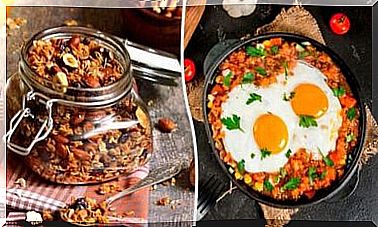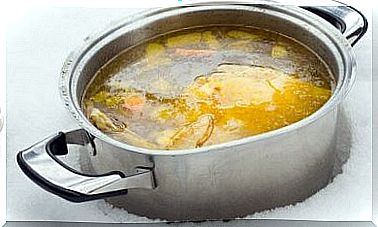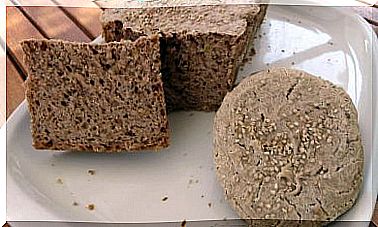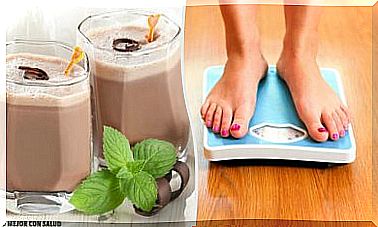Foods To Avoid For Breakfast: Start The Day In The Best Way
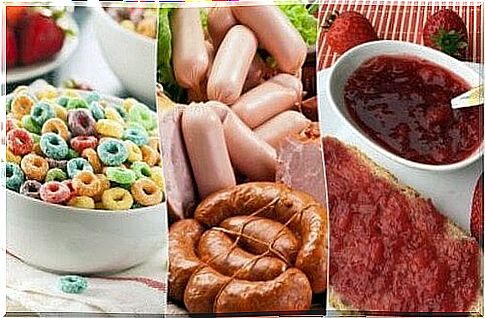
Breakfast is the most important meal, as it gives us the energy we need to face a new day and provides us with the nutrients needed to activate metabolism and many other body functions. So let’s see what are the foods to avoid for breakfast to get the most nourishment from the first meal of the day.
While many mistakenly believe that skipping breakfast helps you lose weight, this bad habit can have the opposite effect. Others, however, while doing it, opt for food choices that are anything but healthy.
As a result, unwanted reactions are triggered, such as anxious hunger, overweight and nutritional deficiencies.
To avoid all this, below we present 6 foods to avoid for breakfast . Discover them!
Foods to avoid for breakfast
1. Industrial bakery

Industrial baked goods contain a high content of carbohydrates, saturated fats and sugars which can be very heavy on the stomach.
This, added to their empty calorie intake, is enough to avoid them for breakfast. What are “empty calories”? They are those that do not provide relevant nutritional values and are high in calories.
Advice
Opt for homemade cakes and baked goods. This way you can use organic ingredients, free from artificial additives and with a higher content of fiber, vitamins and minerals.
2. Sausages
All varieties of cured meats, including those that claim to be “dietary”, are harmful to health and should not be included in the diet.
While they look fresh and appetizing, ideal for a quick breakfast, their high sodium and saturated fat content over time can promote overweight, high cholesterol, and hypertension.
On the other hand, they weigh heavily on the digestive system and can cause abdominal bloating, flatulence and reflux.
Advice
Opt for lean meats or eggs as a source of protein for breakfast.
3. Cereals with sugars
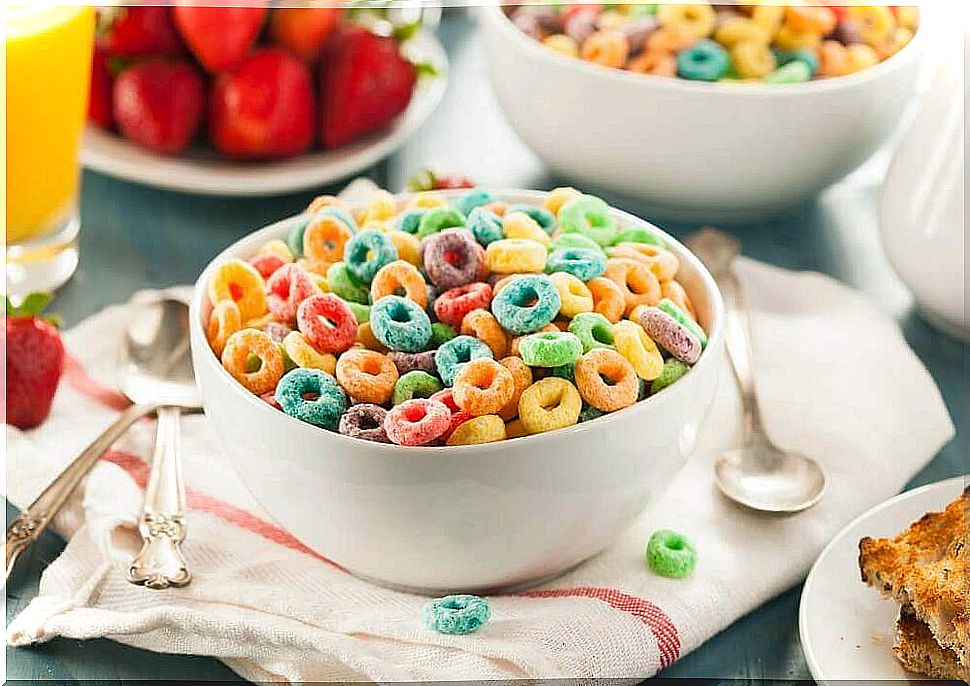
It is often thought that cereals are ideal for the first meal of the day, instead they are among the foods to avoid for breakfast. Although some varieties are high in fiber, and therefore are healthy, most of the products on the market contain excess sugar.
They are also part of the “empty calorie” group of foods which, as we have explained, lack essential nutrients.
Their high sugar content and artificial colors can also cause various metabolic disorders.
Advice
Eat oats or whole grains as an alternative to canned grains.
4. Packaged fruit juices
We must not be fooled: packaged fruit juices can never replace the fruit extracted naturally from fruit.
While they seem like a refreshing and delicious option for breakfast, these drinks, even those labeled “fortified with vitamins”, are full of sugar and man-made substances that are harmful to the body.
Advice
Prepare 100% natural juices or smoothies, using fresh fruit and vegetables.
5. Yogurt with artificial flavors
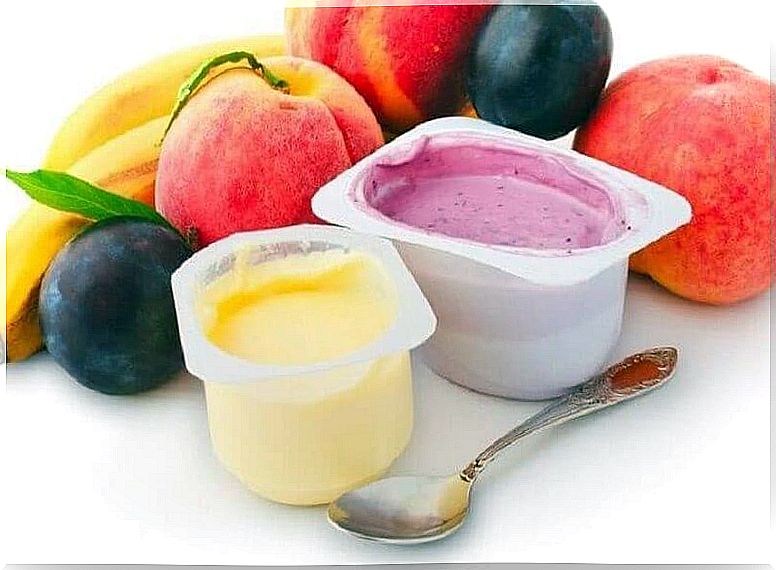
Commercial yogurt, even “light” yogurt, contains added substances that alter its nutritional quality.
It is a product often included in the breakfast of the little ones. However, even though it looks healthy, it’s not really that nutritious and can cause acidity.
Better to avoid it also because:
- Promotes the formation of mucus.
- It is rich in sugar and artificial components.
- It causes abdominal inflammation.
Advice
Consume natural yogurt, rich in probiotics and free of dyes. It can be made at home or bought at the supermarket.
6. Packaged jam
Eating some homemade jam is ideal to start the day, unlike the packaged one which is certainly one of the foods to avoid for breakfast.
Despite being a fruit-based food, its high sugar content and artificial additives reduce its nutritional quality.
Advice
- Prepare homemade jam, avoiding the use of sugars or artificial syrups to replace with fructose or natural alternatives such as honey.
- At the time of consumption, the portion should be moderate (maximum two tablespoons, preferably only one).
Now that you know the foods to avoid for breakfast, try adding more organic and nutritious options.



